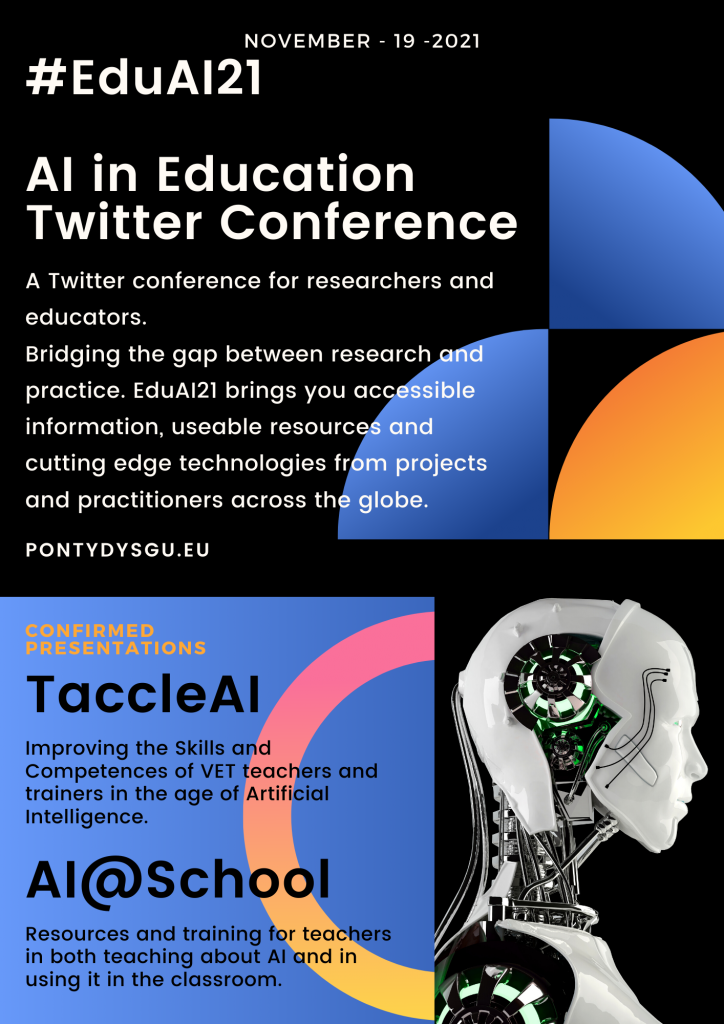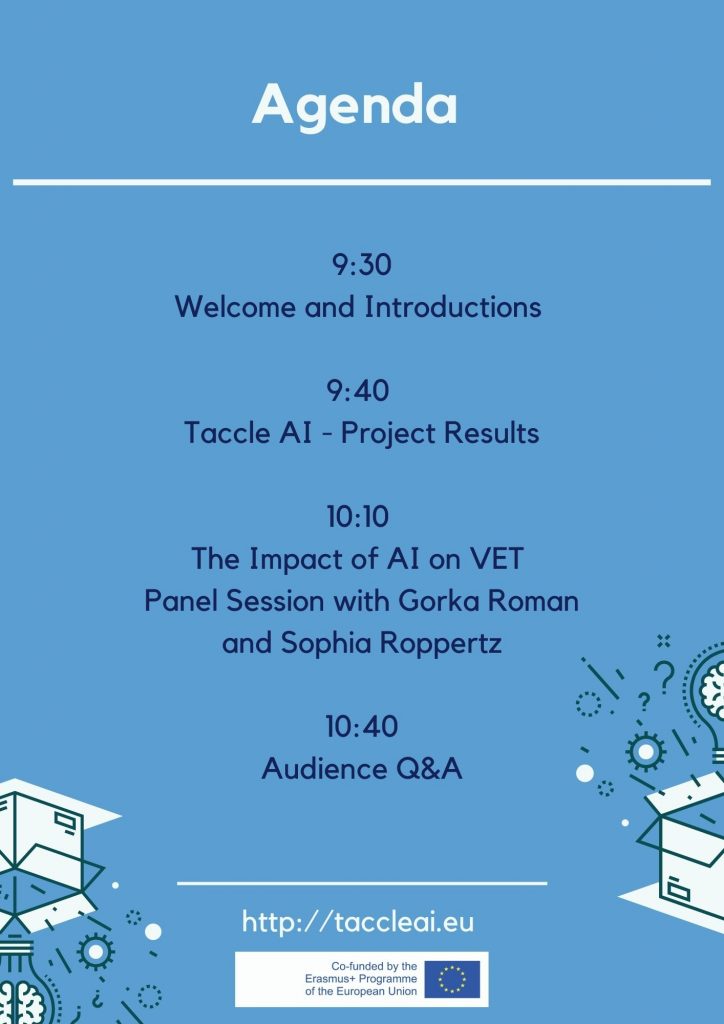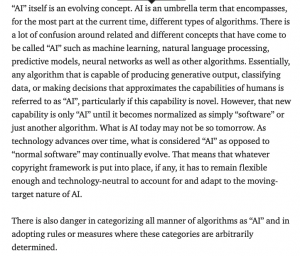During our media literacy Twitter conference #SMILED21 I jokingly suggested that Pontydysgu had enough AI projects in progress to run a conference on its own. We haven't, quite, and a conference is no fun without the opportunity to find out, probe, query and be inspired by what everyone else is up to. So here it is;
#EduAI21 - Bridging the gap between research and practice for AI in education

An unconference style event run on Twitter, #EduAI21 aims to bring researchers and practitioners together, presenting accessible research, information, chalk-face experiences, real life case studies and cutting edge technologies around the use of Artificial Intelligence in (and for) education.
This is free and open to all, anyone with a Twitter account and an idea can contribute.
Presenters will be given a time-slot in which to tweet their 15 tweet presentation. Twitter limits how much text you can use meaning the information should be precise and to the point. Multimedia is highly encouraged and there's a gold star for the best gif. Everyone else is encouraged to grab a hot drink, interact, retweet, like, reply, ask questions and share your own ideas.
Can you present your AI in education case study, research, project, idea or resource in up to 15 tweets? Submit your idea below and we will get back to you with a timeslot and further details.












 From the UK Open Data Institute:
From the UK Open Data Institute: